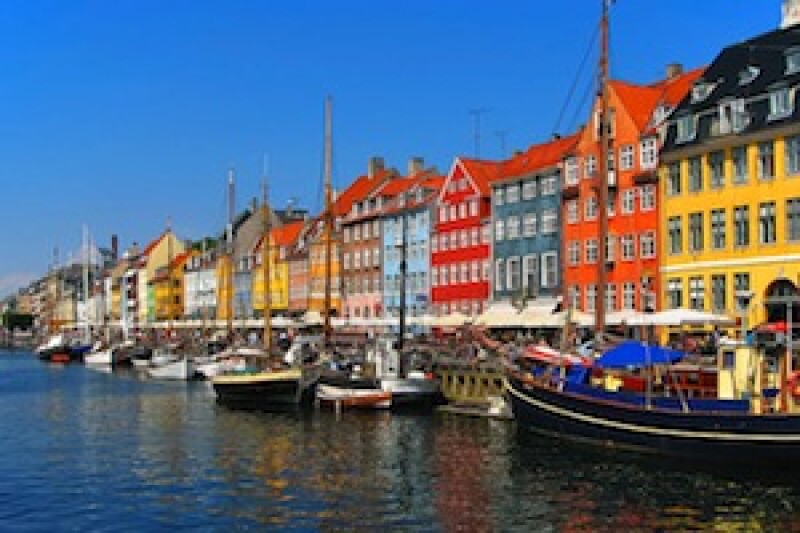This, I was told by a US design patents lawyer, is one derogatory term for his area of practice in the United States. I hadn't heard it before, but these jibes clearly stick. "When you told people what area of law you worked in, they used to put on a pitying face. It was like saying you were a chiropractor, rather than a doctor," he says. "I was once described in a news piece as practising the 'dark arts' of design patents."
Some of that reputation comes from "a few shysters" who used to advertise guaranteed patents for inventors. Of course, they would just get the applicant a design patent and usually he didn't know the difference. In the US and elsewhere, they were also seen as the poor relation in IP because of their relative ineffectiveness.

Apple v Samsung changed all that. In Europe, the case suddenly focused attention on the hundreds of Community designs Apple had been registering for years. In the US, Apple's damages award last month led to predictions that everyone would begin prioritising designs, both in product development and IP strategy. INTA's first conference dedicated to designs (#INTADK), held in Copenhagen last month, was therefore well timed. "It's great to have everyone here," commented one lawyer. "We spent all this time in the shadows, and now we are out in the media spotlight."
All lawyers reported an increase in enquiries about design rights, both from existing and potential clients. But some were also cautious about a potential backlash. "I wouldn't be surprised if some US congressman who wants to make a name for himself starts saying that design patents need to be reined in," said one lawyer – even though Apple's victory could easily be seen as an American innovator being protected from a foreign imitator.
Certainly, the damages awarded for design infringement in the US can seem disproportionate. Unlike patent infringement, the damages the California jury had to decide on were for all lost profits – rather than just those lost because of the particular, infringed feature. One billion dollars might actually be low for all the profit Apple potentially lost; but it would certainly have been less had only the infringed features been considered.
A substantial backlash in the US seems unlikely. This is not an issue that will resonate with the voting public in the same way as SOPA, PIPA or ACTA. But as IP owners look to register and enforce more design rights – and expansion of the Hague System makes international coverage easier – lawyers and their clients should keep in mind how the image of their 'black art' is changing.









